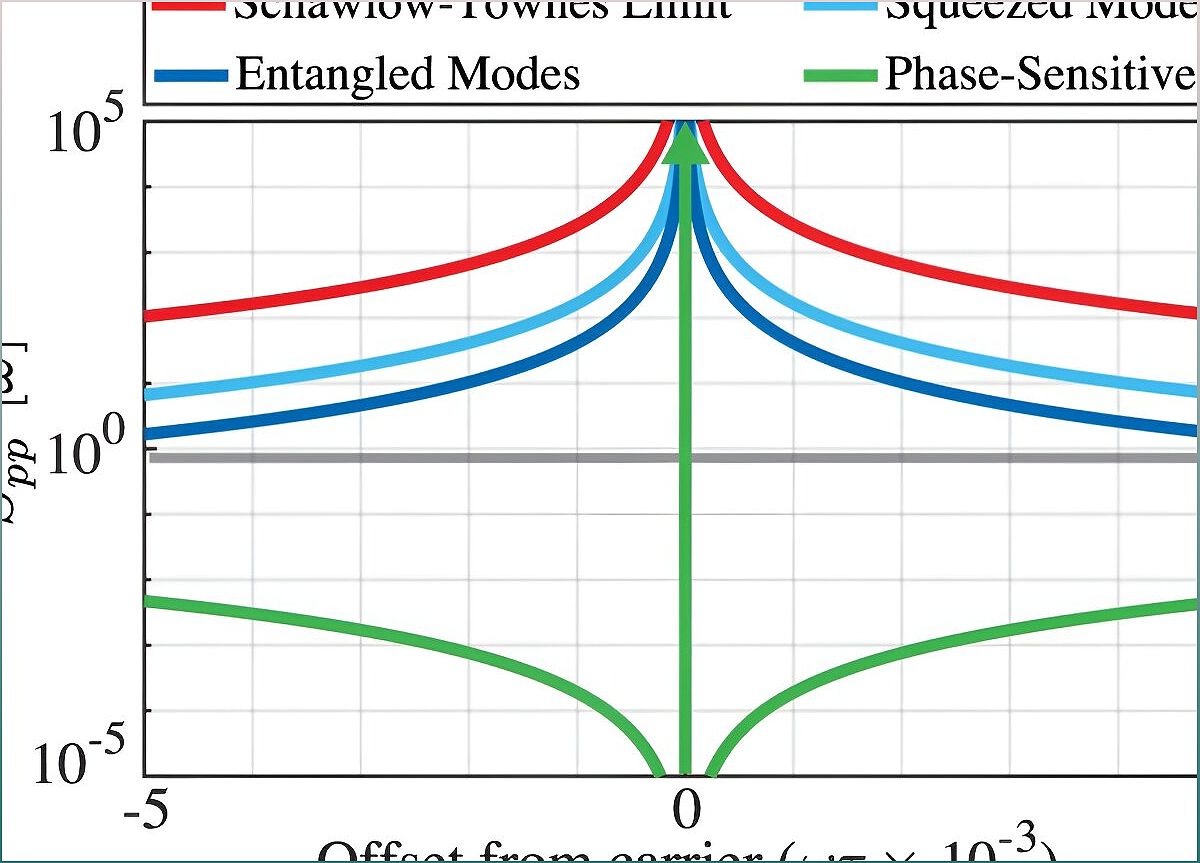In the world of timekeeping, stability is key. From grandfather clocks to atomic clocks, the precision of oscillators is influenced by various factors. However, a recent MIT study reveals that even if external noise is eliminated, quantum mechanical effects can still limit the stability of clocks and other oscillators. But there's hope. By manipulating quantum states through a process called squeezing, researchers are exploring ways to surpass the quantum limit and achieve super-quantum precision. In this article, we delve into the fascinating world of quantum noise, the potential for enhanced timekeeping, and the revolutionary technologies it could unlock.
The Impact of Quantum Noise on Oscillators
Understanding how quantum noise affects the stability of clocks and oscillators.
Quantum noise, a fundamental aspect of quantum mechanics, poses a challenge to the stability of clocks and oscillators. Even when external noise is eliminated, quantum mechanical effects can still introduce fluctuations in their precision. This phenomenon arises from the inherent uncertainty in quantum states and their interactions.
Imagine a scenario where a clock or laser beam is isolated from its environment, shielded from any external disturbances. While this isolation may reduce noise from the surroundings, quantum noise persists due to the inherent nature of quantum mechanics. These fluctuations limit the stability of oscillators, setting a quantum mechanical shaking threshold that cannot be surpassed through isolation alone.
However, researchers are exploring innovative approaches to overcome this quantum limit and enhance the stability of clocks and oscillators. By manipulating the quantum states themselves through a process called squeezing, they aim to push past the boundaries imposed by quantum noise and achieve unprecedented levels of precision.
Squeezing: Unlocking Enhanced Precision
Exploring the concept of squeezing and its potential to improve oscillator stability.
Squeezing is a technique that involves minimizing quantum fluctuations in one aspect of a system while proportionally increasing fluctuations in another aspect. In the context of oscillators, researchers are investigating how squeezing can be utilized to enhance precision and overcome the limitations imposed by quantum noise.
How does squeezing work?
When quantum fluctuations are squeezed in the coupler of an oscillator, it can lead to improved timing precision in the outgoing laser beam or clock signal. This means that even though noise in the oscillator's power may increase, the overall stability and accuracy of the system can be enhanced.
The potential of quantum-enhanced timekeeping
By harnessing the power of squeezing, clocks, lasers, and other oscillators could achieve super-quantum precision. This breakthrough could have significant implications for various fields, including quantum computing, where tracking the fluctuations of individual qubits is crucial, and particle physics, where detecting the presence of elusive particles like dark matter requires exceptional precision.
With ongoing research and upcoming experiments, scientists aim to demonstrate the practical applications of quantum-enhanced timekeeping and pave the way for revolutionary technologies that rely on ultra-precise oscillators.
Advancing Timekeeping Technologies
The potential impact of enhanced oscillator stability on various industries.
The ability to surpass the quantum limit and achieve enhanced oscillator stability has the potential to revolutionize several industries. Let's explore some of the areas where this breakthrough could make a significant impact:
Satellite Communications and GPS Systems
Precise timing is crucial for satellite communications and GPS systems. Enhanced oscillator stability could lead to more accurate synchronization, improving the reliability and efficiency of these technologies.
Financial Markets
In the world of high-frequency trading, even the smallest time discrepancies can have significant financial implications. Clocks with super-quantum precision could enable traders to make more informed decisions and execute trades with unparalleled accuracy.
Quantum Computing
Quantum computers rely on the delicate manipulation of qubits, which are highly sensitive to environmental noise. Oscillators with enhanced stability could provide the precise timing necessary for quantum computations, unlocking the full potential of this emerging technology.
Particle Physics and Dark Matter Detection
The presence of dark matter, a mysterious substance that makes up a significant portion of the universe, has eluded detection. Ultra-precise oscillators could aid in the search for dark matter particles by enabling more sensitive detectors and precise measurements of their interactions.

